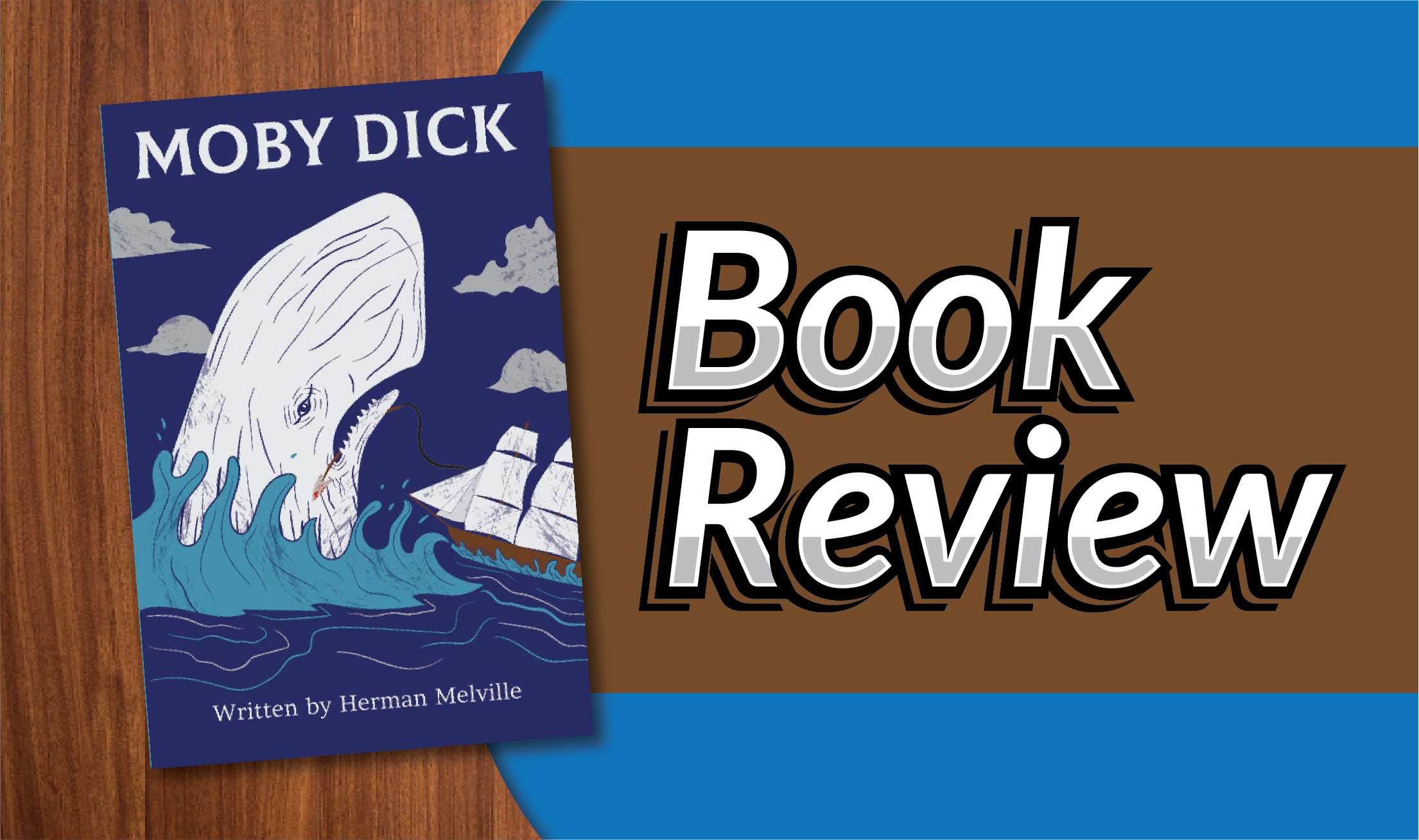Moby-Dick, or The Whale is a novel by Herman Melville in which the narrator, Ishmael, befriends Queequeg, a South Seas harpooner, and they search for a whaling crew together. They eventually board the Pequod with Captain Ahab. Ishmael quickly discovers that Ahab has lost his leg and his ship to Moby-Dick, a big albino whale. The captain and his men set sail across the world to get vengeance on the whale. The novel does have a complex and ambitious premise, since Herman Melville makes subtle references to various controversies throughout his writing. Everything is beautifully developed with some form of past, and the characters and scenario come together perfectly.
The famous playwright, William Shakespeare, once said, “Vengeance is in my heart, death in my hand. Blood and revenge are hammering in my head,” from his first tragedy play, Titus Adronicus. This line reflects what’s with the book, Moby Dick, trying to characterize. As a reader, you have to oversee what values and morals you will possess after reading the book. With Moby Dick’s structure and story line, it became interesting. Symbolism is common inside the story. Moby Dick, the albino whale, connotes danger and fear for most sailors and whaling men, based on its characteristics in the book, for it destroys whaling boats and ships. From the perspective of the whaling captain, Captain Ahab sees the albino whale as evil and should be eradicated. On the other hand, Pequod, the ship, symbolizes doom and death. In fact, its function at the last part of the book is not a water transportation but a floating coffin.
Furthermore, this book also mirrors Melville’s life before. Herman, at the age of eighteen, went away to sea, taking a job as a cabin boy aboard a ship bound for Liverpool, in England. He quickly fell in love with the sea. In 1841, he joined a whaling ship on a voyage to the South Seas. It was a journey on which he was to base much of the story of the great white whale, Moby Dick. With that author’s perspective, he wrote a masterpiece that readers love most. The ties between the author and its work are factors to consider how the book became a standard.
Digging deeper into the analysis of the book, it shows how it could be recommendable to all. The book tries to exhibit the limitless power of knowledge. As Ishmael describes its knowledge about whaling in the first part of the book and its development throughout the story. It demonstrates the ability to learn and develop not only for him but for Captain Ahab and other crew members. Moreover, it reveals the big picture of vengeance, its causes and possible consequences. A great lesson that we should consider nowadays. In contrast to William Shakespeare’s line and Captain Ahab’s beliefs, vengeance affects all aspects of human life. Whether the cause is heavy and acceptable, as a person, consideration of possible consequences should be in top priority. For as many people believe, vengeance does not satisfy the peace but the ego, itself.
Book Reviewed by:
Mr. Fred Nufable
English Teacher – NST Junior High

